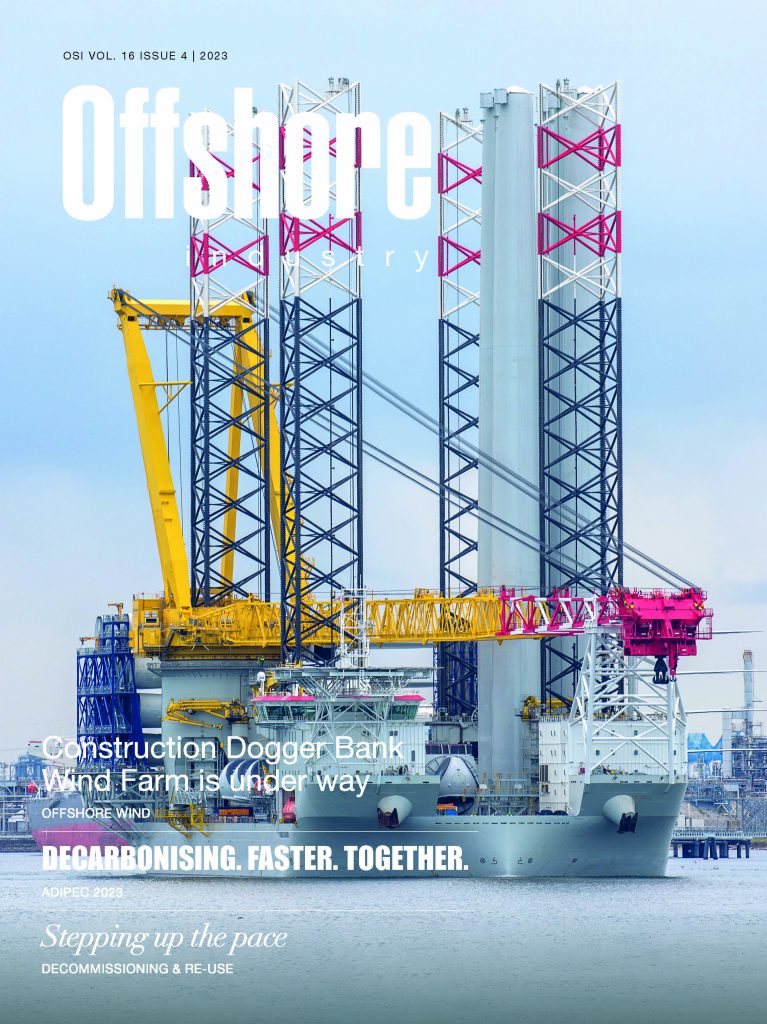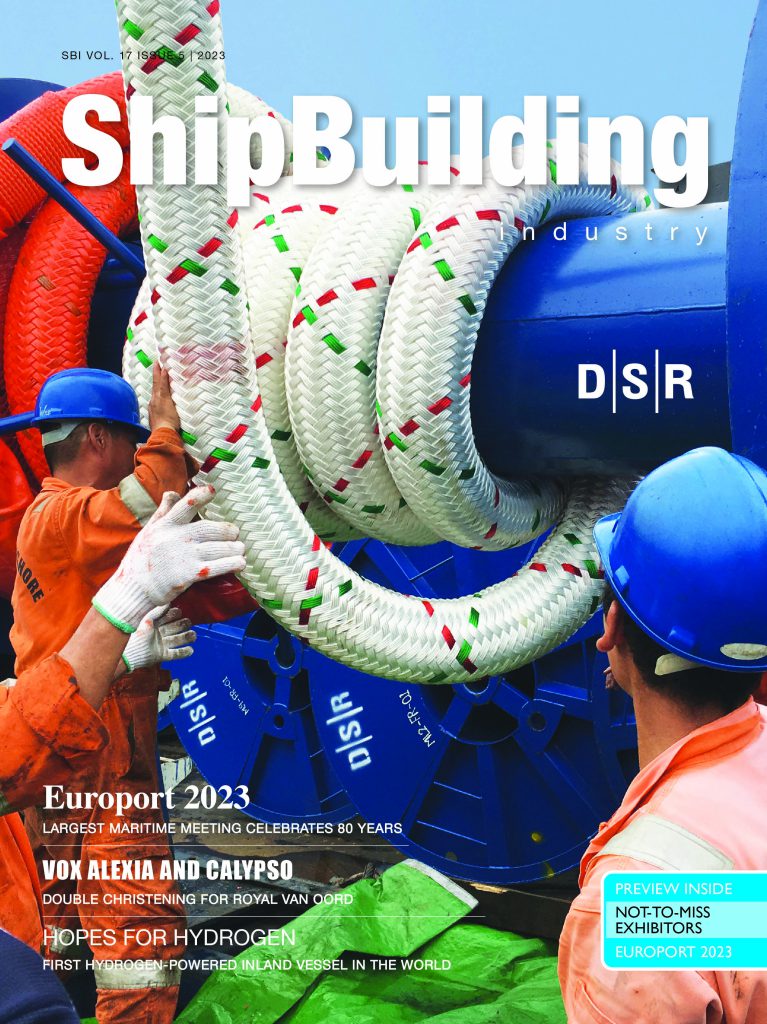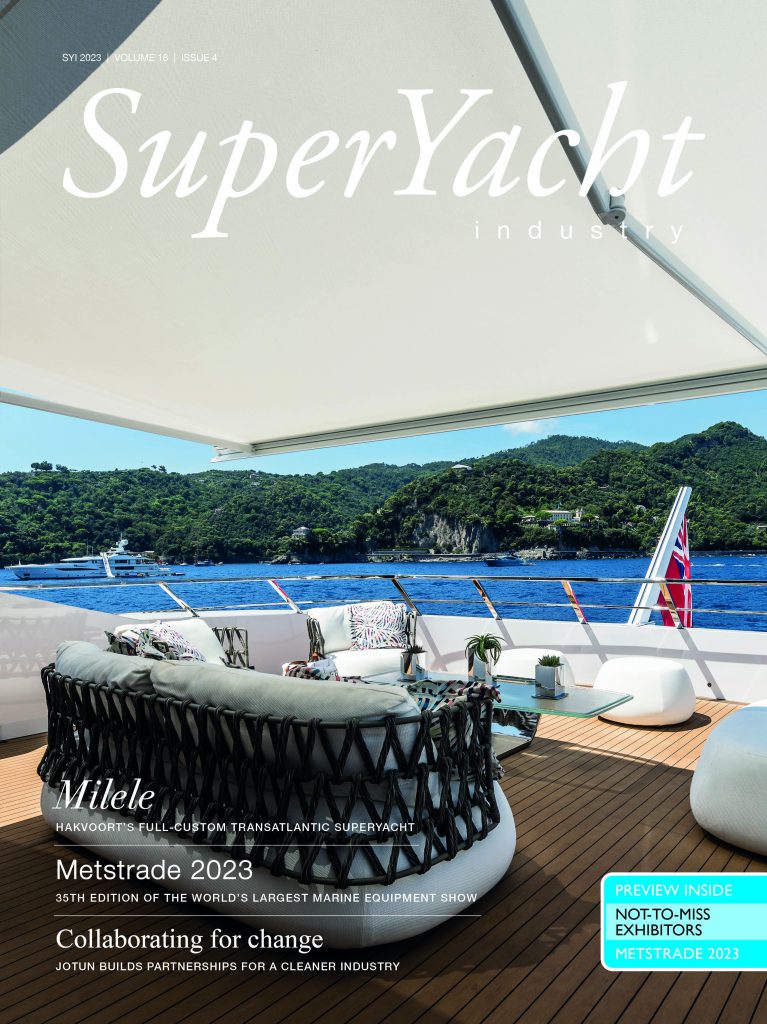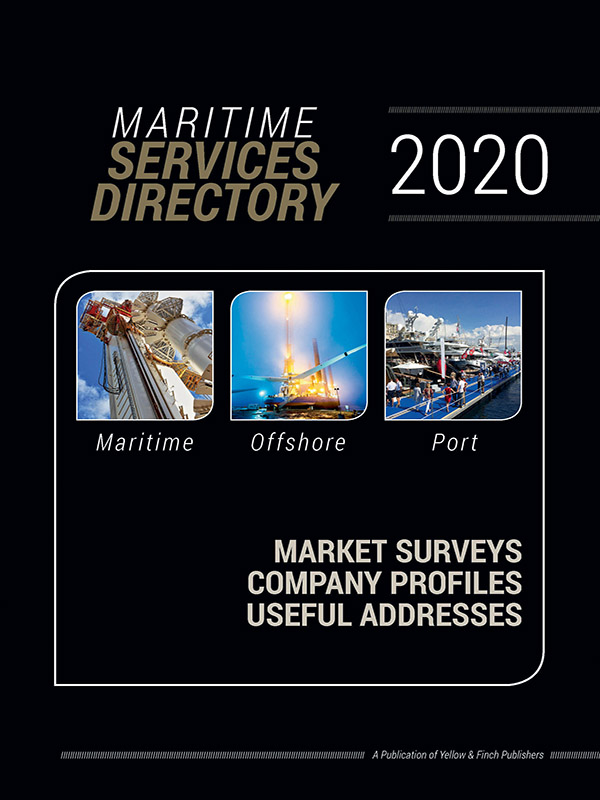Key US Ports Back Hamworthy Krystallon Exhaust Gas Cleaning
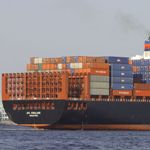 The ports of Los Angeles and Long Beach have selected Hamworthy Krystallon exhaust gas cleaning as the preferred technology to take forward trials aiming to cut sulphur emissions and particulate matter from ships burning heavy fuel oil in port. The trials, set to begin this spring, will see the environmental solution installed on board the 5,500TEU APL England, trading between Asia and the US.
The ports of Los Angeles and Long Beach have selected Hamworthy Krystallon exhaust gas cleaning as the preferred technology to take forward trials aiming to cut sulphur emissions and particulate matter from ships burning heavy fuel oil in port. The trials, set to begin this spring, will see the environmental solution installed on board the 5,500TEU APL England, trading between Asia and the US.
Hamworthy is working alongside US eco-bank Bluefield Holdings in the project, which will see the installation filter out solid contaminants from the exhaust of the ship’s auxiliary engines before they leave the funnel. Seawater is then treated and cleaned before being discharged from the ship. With the shipping industry reckoned to contribute around 3% of global greenhouse gas emissions, IMO has been working towards a global deal to limit GHG pollution. However, with progress limited, the EU has signaled its intent to incorporate shipping into its Emissions Trading Scheme if no agreement is forthcoming by the end of 2011.
Residual Fuels
The system will allow APL to continue using low-cost residual fuels for their auxiliary engines, as per the IMO ECA rules. The technology virtually eradicates sulphur emissions, cutting them by 99.9% even when burning residual fuel oil. Additional environmental benefits accrue to the Hamworthy system, which also cuts emissions of particulate matter by up to 85% and nitrogen oxide emissions by up to 10%. Richard D Steinke, Port of Long Beach Executive Director, commented: “Many of the ocean carriers are looking for ways to reduce their vessels’ emissions and projects like this are an ideal way to demonstrate the effectiveness of new technology to the industry.” Sigurd Jenssen, Hamworthy Krystallon Managing Director, said: “This is a significant breakthrough for seawater scrubbing technology in a new market for Hamworthy. Given the strict regulations concerning overboard discharges in US ports, it is a clear demonstration that the refinements we have made in developing the system for the cruise ship Zaandam of the Holland America Line have been fully accepted.”



